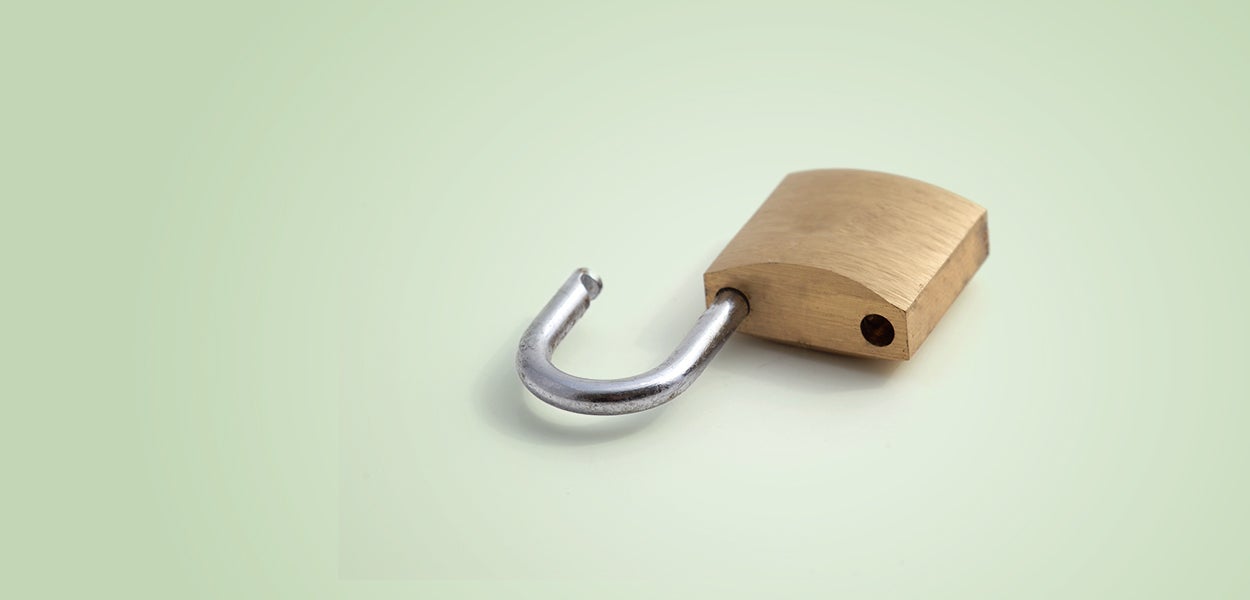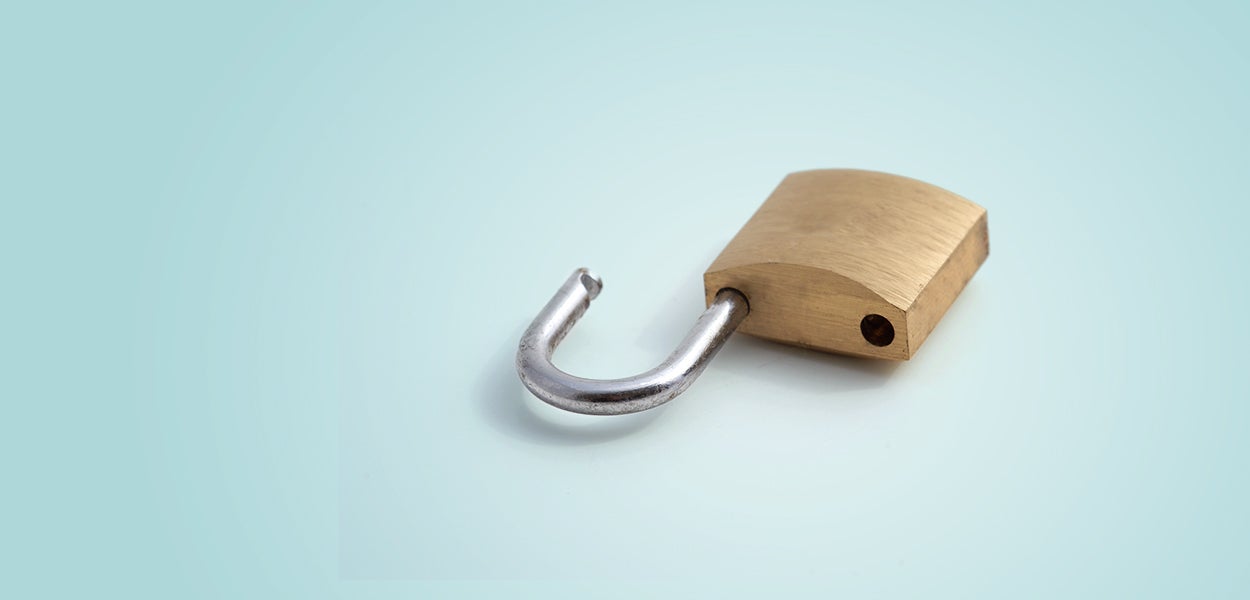What is DOAJ?
The Directory of Open Access Journals (DOAJ) is an open, global and trusted database of diverse open access journals around the world. It is driven by a growing community, and committed to ensuring quality content is freely available online for everyone. It contains more than 20,000 journals, of which more than half are Diamond Open Access (journals without APC’s). DOAJ's mission is to increase the visibility, accessibility, reputation, usage and impact of quality, peer-reviewed, open access scholarly research journals globally, regardless of discipline, geography or language.
Why should you use DOAJ?
The DOAJ can help you find reliable Diamond Open Access journals in your field. You can search this free database on title, subject or keywords. They DOAJ will give you up to date information on the journal’s subject, open access charges, and license practices.
The DOAJ only presents journals that adhere to their Principles of Transparency and Best Practice in Scholarly Publishing. This means all journals in the database must have a transparent and clear website, an ISSN, a decent quality control process (peer review), open licensing, etc.
Therefore, indexing in the DOAJ could also be of interest for editorial teams of Diamond Open Access journals: it can increase visibility, findability and trust in the journal.
Why an Innovation Fund?
Since 2023, the VU Open Access Innovation Fund supports journals, publishers, and infrastructure that are that are committed to ‘Diamond Open Access’, allowing researchers to publish without having to pay. This is a fairer and more open alternative to journals from large commercial publishers that charge high fees for Open Access. However, choosing ‘Diamond Open Access’ is not yet evident for all researchers: the journals and platforms are often smaller, making them harder to find, and there are often questions about the quality, susutainability, and prestige of publishing ‘Diamond Open Access’. The VU Open Access Innovation Fund was established to show researchers that there are high-quality, equitable, Diamond publication alternatives available that allow them to contribute to more inclusive (open) science.


